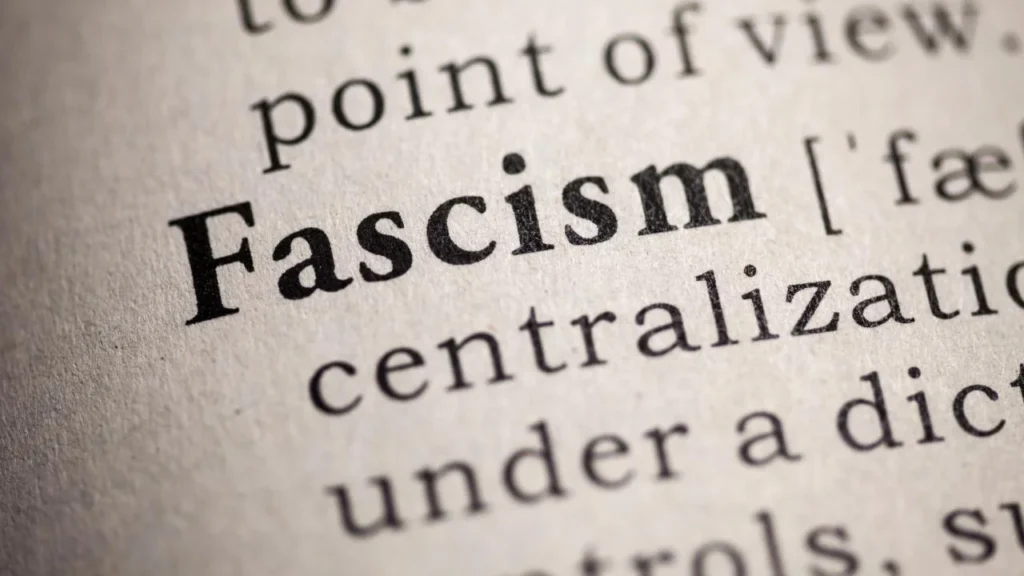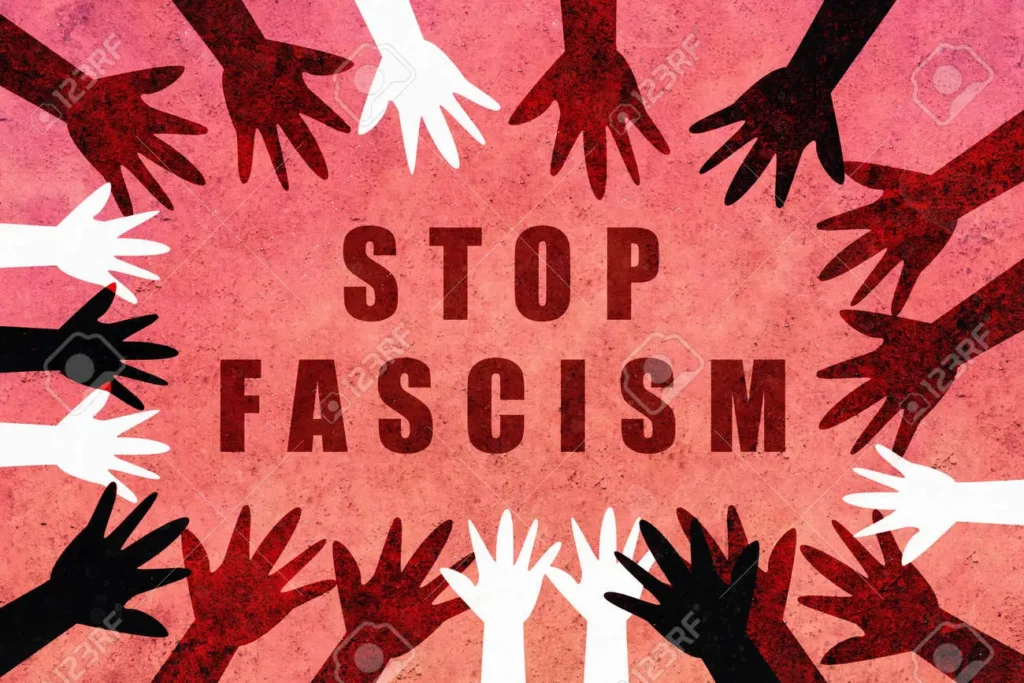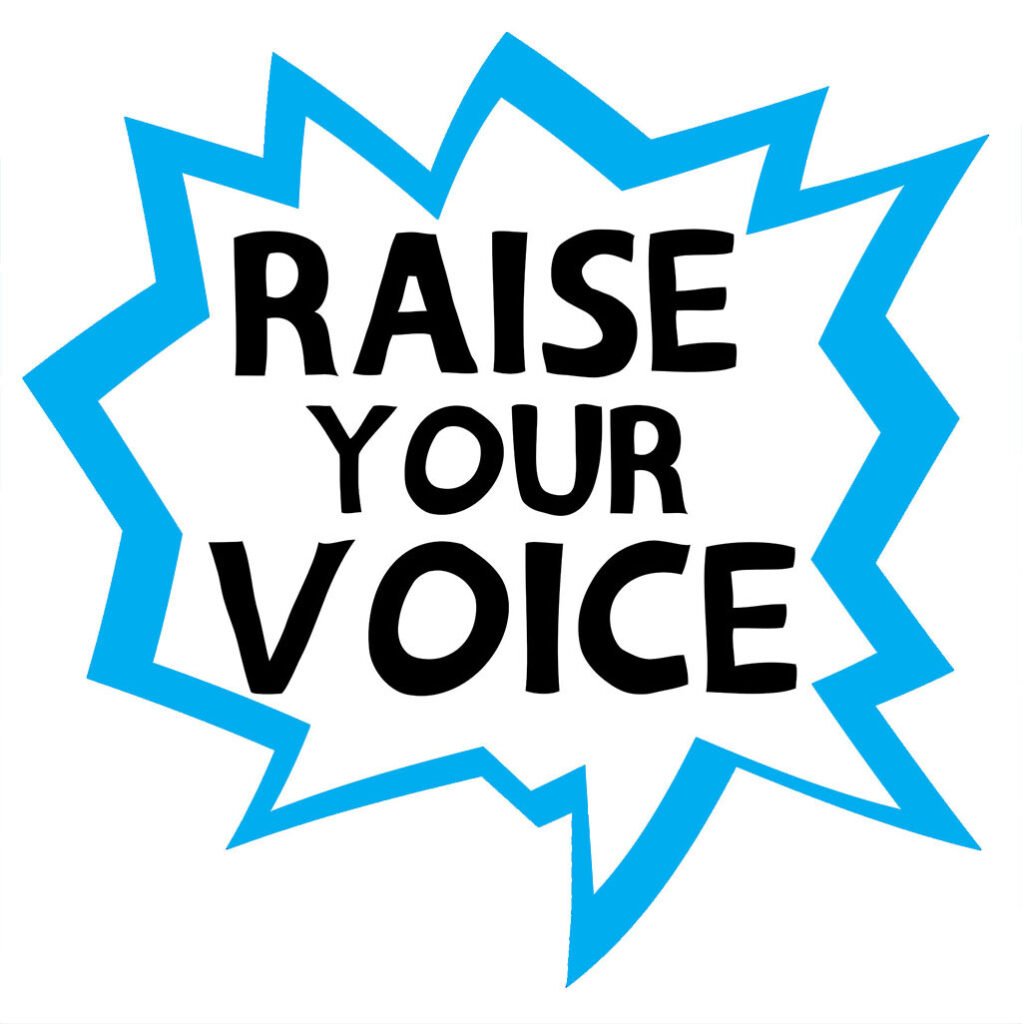Fascism is a political ideology that glorifies the nation or race above the individual and advocates for a centralized government headed by a dictator. It is an authoritarian system of government that suppresses dissent, opposition, and individual freedoms. Historically, fascism has been responsible for some of the most heinous crimes against humanity, including genocide and war. In this article, we will explore how fascism rises in a country and its effects on democracy and the common man’s rights.

Introduction
In this section, we will introduce the topic of fascism, its historical context, and its defining characteristics. We will also outline the structure of the article.
What is Fascism?
Fascism is a political ideology that emphasizes the importance of the nation or race over the individual. It is characterized by an authoritarian system of government, headed by a dictator, that suppresses dissent, opposition, and individual freedoms.
Historical Context
Fascism emerged in Europe during the interwar period, between World War I and World War II. It was a response to the perceived failures of liberal democracy and the challenges posed by communism and socialism.
Defining Characteristics of Fascism
The defining characteristics of fascism include a cult of personality around the leader, the suppression of opposition and dissent, the use of violence and intimidation, and the promotion of nationalistic and militaristic values.
How Does Fascism Rise in a Country?
In this section, we will explore the factors that contribute to the rise of fascism in a country. We will examine historical examples and contemporary trends.
Economic Insecurity and Discontent
Fascism often emerges in times of economic insecurity and discontent. The Great Depression of the 1930s contributed to the rise of fascism in Europe, as did the economic downturns in Italy and Germany.
Nationalism and Xenophobia
Fascism promotes a strong sense of nationalism and often involves the scapegoating of minority groups. In Germany, the Nazi party blamed Jews for the country’s economic problems, while in Italy, Mussolini targeted immigrants.
Weaknesses in Democracy
Fascism often emerges in countries with weak democratic institutions. In Germany, the Weimar Republic was plagued by political instability and a weak economy, which allowed the Nazi Party to gain power.
Propaganda and the Manipulation of Information
Fascist regimes rely on propaganda and the manipulation of information to control the population. In Nazi Germany, the government controlled the media and disseminated anti-Semitic propaganda to demonize Jews.
Authoritarianism and the Use of Force
Fascist regimes are characterized by authoritarianism and the use of force. In Italy, Mussolini relied on the Blackshirts, a paramilitary organization, to intimidate and suppress opposition.

Effects of Fascism on Democracy and Common Man’s Rights
In this section, we will examine the effects of fascism on democracy and the common man’s rights. We will look at historical examples and contemporary trends.
Suppression of Individual Freedoms
Fascist regimes suppress individual freedoms, including freedom of speech, the press, and assembly. In Nazi Germany, the government outlawed political opposition and dissent, and Jews were stripped of their citizenship and rights.
Violence and Intimidation
Fascist regimes often use violence and intimidation to control the population. In Italy, the Blackshirts were used to suppress opposition, while in Nazi Germany, the Gestapo was responsible for the arrest and imprisonment of dissidents.
Genocide and War
Fascist regimes have been responsible for some of the most heinous crimes against humanity, including genocide and war. In Nazi Germany, six million Jews were systematically murdered, while Mussolini’s invasion of Ethiopia led to the deaths of hundreds of thousands of Ethiopians. Fascist regimes have also been responsible for starting wars and engaging in military aggression, such as Italy’s invasion of Greece and Germany’s invasion of Poland.
Erosion of Democratic Institutions
Fascism erodes democratic institutions and values, replacing them with authoritarianism and one-party rule. In Nazi Germany, the government eliminated all political opposition and consolidated power in the hands of the Nazi party. Similarly, in Italy, Mussolini dissolved the parliament and created a fascist dictatorship.
Marginalization and Persecution of Minority Groups
Fascist regimes often target minority groups, such as Jews, immigrants, and other marginalized communities. In Nazi Germany, Jews were systematically marginalized, persecuted, and murdered. Similarly, in Italy, Mussolini targeted immigrants and other minority groups.
Economic Instability and Inequality
Fascism can exacerbate economic instability and inequality, as resources are channeled towards the military and other priorities. In Nazi Germany, the government invested heavily in military production, while the rest of the economy suffered. Similarly, in Italy, the fascist government prioritized the interests of the ruling elite, leading to increased inequality.

Conclusion
In conclusion, fascism is a dangerous political ideology that threatens democracy and the rights of the common man. Its rise is often associated with economic instability, nationalism, and weak democratic institutions. Fascist regimes suppress dissent, promote violence and intimidation, and erode democratic institutions, leading to the persecution of minority groups and the erosion of individual freedoms. It is essential to remain vigilant against the rise of fascism and to promote democratic values and institutions.
FAQs
- What is fascism? Fascism is a political ideology that glorifies the nation or race above the individual and advocates for a centralized government headed by a dictator.
- What are the defining characteristics of fascism? The defining characteristics of fascism include a cult of personality around the leader, the suppression of opposition and dissent, the use of violence and intimidation, and the promotion of nationalistic and militaristic values.
- What factors contribute to the rise of fascism in a country? Fascism often emerges in times of economic insecurity and discontent, promotes a strong sense of nationalism and often involves the scapegoating of minority groups, and relies on propaganda and the manipulation of information to control the population.
- What are the effects of fascism on democracy and the common man’s rights? Fascist regimes suppress individual freedoms, use violence and intimidation to control the population, erode democratic institutions, and target minority groups, leading to the persecution and marginalization of marginalized communities.
- How can we combat the rise of fascism? It is essential to remain vigilant against the rise of fascism and promote democratic values and institutions, including freedom of speech, the press, and assembly, and reject nationalism, racism, and other forms of discrimination.
Disclaimer
The information provided in this article is for educational purposes only and should not be construed as political, social, legal, or financial advice. The views expressed in this article are solely those of the author and do not necessarily reflect the views of any organization or entity. The author makes no representations as to the accuracy or completeness of any information in this article, and will not be liable for any errors, omissions, or any losses, injuries, or damages arising from its use. Readers are advised to do their research and seek professional advice before making any decisions based on the information provided in this article.

Excellent write-up